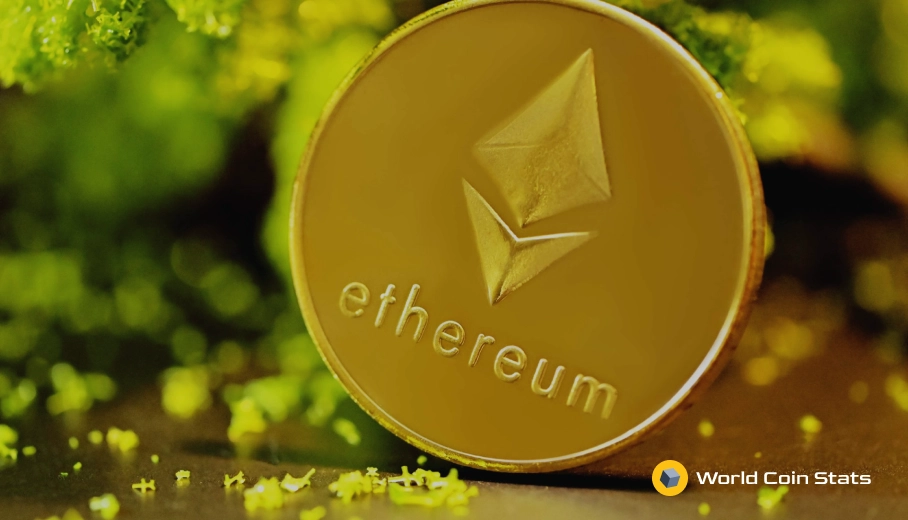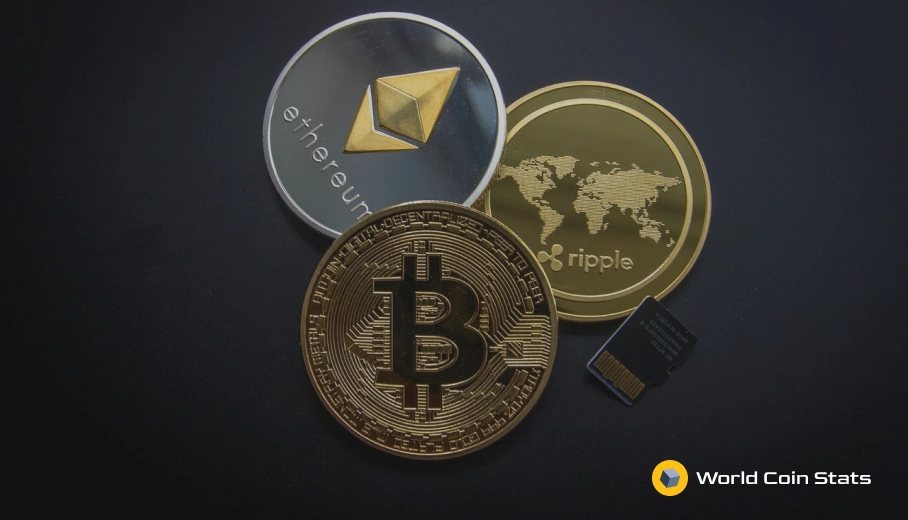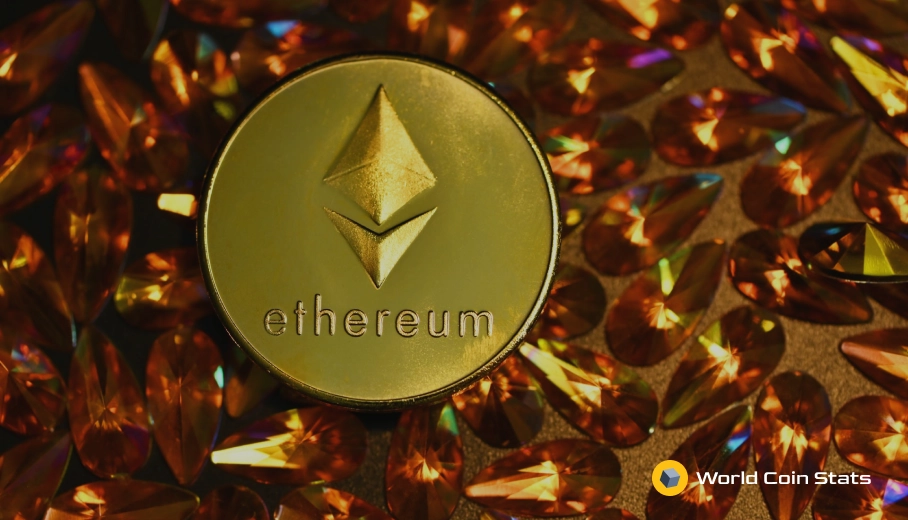Can ETH Finally Overtake BTC?
There has been talk since the inception of Ethereum in 2015 about the potential for Ethereum. This has mostly been a lofty goal for Ethereum as the cryptocurrency itself has worse tokenomics than Bitcoin.
However, Ethereum has finally started to materialize into a valuable and useful blockchain technology with the emergence of decentralized finance (DeFi). Anyway, this article will cover the possibility of Ethereum overtaking Bitcoin in terms of price.
Positive Points for Ethereum
Ethereum has three main positives going for it at the moment. The good news for Ethereum is that none of these positives have been fully realized because, well, they’re all fairly new or not even fully released in the case of some of the upgrades. Here are some of the positives Ethereum has going for it.
DeFi and Layer 2s
DeFi and layer 2s are a natural progression of Ethereum, but it has taken years for both of these to finally become viable solutions. In the case of DeFi, it will draw an enormous amount of popularity to Ethereum as it will slowly replace the traditional finance system.
The best news about DeFi?
It’s still almost entirely unknown outside of cryptocurrency circles, which is great news for Ethereum. The price of Ether has already seen a massive increase over the past few months and that is with about 5 million Metamask wallets. For those that don’t know, Metamask is typically used to interface with DeFi protocols like Uniswap and SushiSwap.
5 million Metamask wallets is nothing, so that is great news for the price of Ether. Just imagine the price increase Ether will see when there are 50 million Metamask wallets?
That’s right. The price will skyrocket when DeFi starts seeing more mainstream acceptance.
This brings us to our next point about layer 2s. These are basically frameworks built on top of the main blockchain. In the case of Ethereum, layer 2s are typically released to reduce gas fees.
This will obviously help with the short to medium term popularity of Ethereum as high transaction fees have scared off many would-be users of the blockchain.
EIP-1559
One of the big problems that Ether has faced is that it’s an inflationary cryptocurrency. There is a block reward of 2 ETH per block and then all transaction fees on top of that.
EIP-1559 will change this by burning transaction fees.
That’s right, burning transaction fees. This will lower the supply of newly produced Ether (to the detriment of miners), which should cause the price of Ether to go up.
EIP-1559 will also reduce mining fees and make transaction fees more predictable. Both of which will greatly increase adoption of the cryptocurrency.
In short, EIP-1559 is extremely bullish for the price of Ether due to stabilizing the transaction fees, keeping the supply in check, and preventing frontrunning of transactions.
Ethereum 2.0
Ethereum 2.0 is the planned transition of Ethereum to a proof of stake validation model. This will be the single biggest improvement to the scalability of the blockchain – transaction fees will greatly decrease with this.
Ethereum 2.0 will also allow for greater access to Ethereum. The only problem with Ethereum 2.0?
The release has constantly been delayed and the current timeline is that it will be released within two years. That’s obviously a long amount of time away, which means that a potential ETH/BTC flip is atleast a few years away.
What Does Bitcoin Have Going For It?
Bitcoin does not have all that much going for it. It does not have the ability for smart contracts and layer 2 development is greatly lacking on the blockchain.
Really, the only thing Bitcoin has going for it is first mover advantage and that it’s deflationary. The good news for Bitcoin?
First mover advantage is huge in cryptocurrency. This is evidenced by Bitcoin’s market cap nearing $1 trillion.
A lot of money is locked up in Bitcoin and it seems improbable that all that money will simply evaporate from the blockchain. In terms of actual use?
Bitcoin is at a much bigger disadvantage than Ethereum. But that doesn’t really matter.
Who Will Win – Bitcoin or Ethereum?
Well, Bitcoin and Ethereum have completely different uses. Bitcoin is mostly used as a store of value because it’s deflationary and has a proven track record of increasing in price.
Ethereum, on the other hand, is a sort of sandbox that allows developers to build different dApps on its blockchain.
Both will succeed at what they do. In the long term, we would give Ethereum the advantage as Ethereum simply has many more uses than Bitcoin. The caveat is that Ethereum must get its transaction fees under control before it can become a serious competitor to Bitcoin.
When Will ETH Overtake BTC?
Ethereum overtaking Bitcoin will likely not occur until Ethereum makes the switch to proof of stake. This will greatly reduce transaction costs, which should increase the mainstream appeal.
This switch likely will not occur for another 1.5 to 2 years, so there is still plenty of time to load up on Ethereum.
Obviously, this prediction does not take into account Black Swan events that may occur on either blockchain. It is simply based on all things remaining equal and going according to plan, which usually never happens in reality.
Closing Thoughts
That covers it for the likelihood of ETH overtaking BTC – it seems probable that it will happen at some point. Ethereum is still not all that popular amongst the mainstream nor has the full potential of smart contracts been realized. In fact, smart contracts are used mostly for decentralized exchanges, which are great, but only a small use case for smart contracts.
The issue that Ethereum must resolve if it wants to overtake Bitcoin, however, is that it must get its transaction fees in check. High transaction fees are preventing the blockchain from realizing its full potential.




